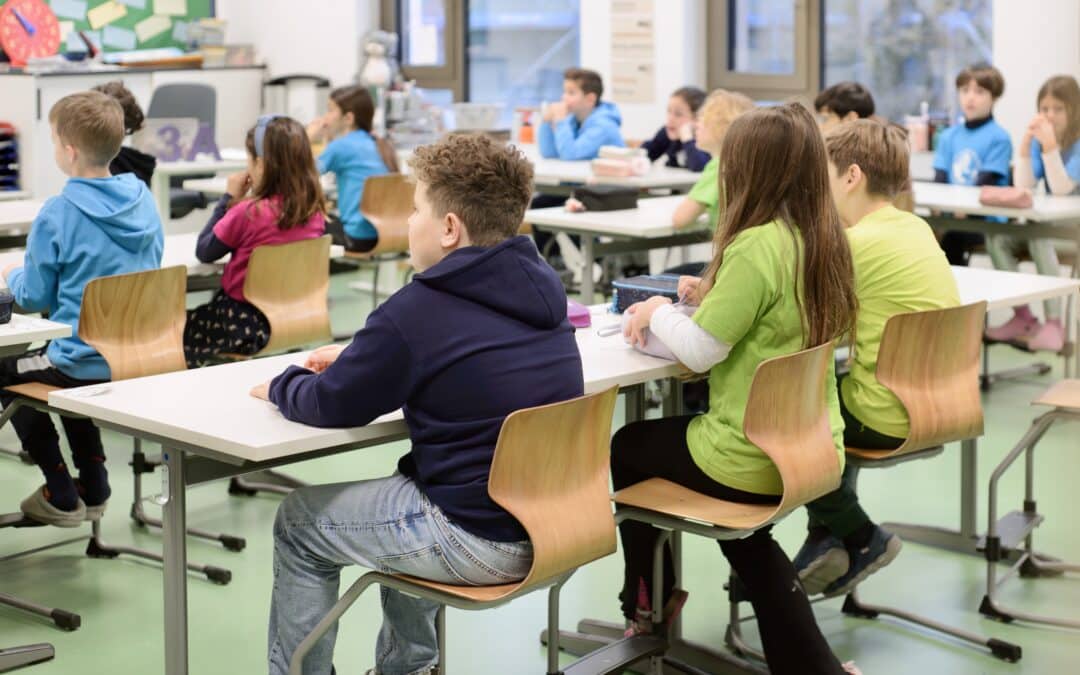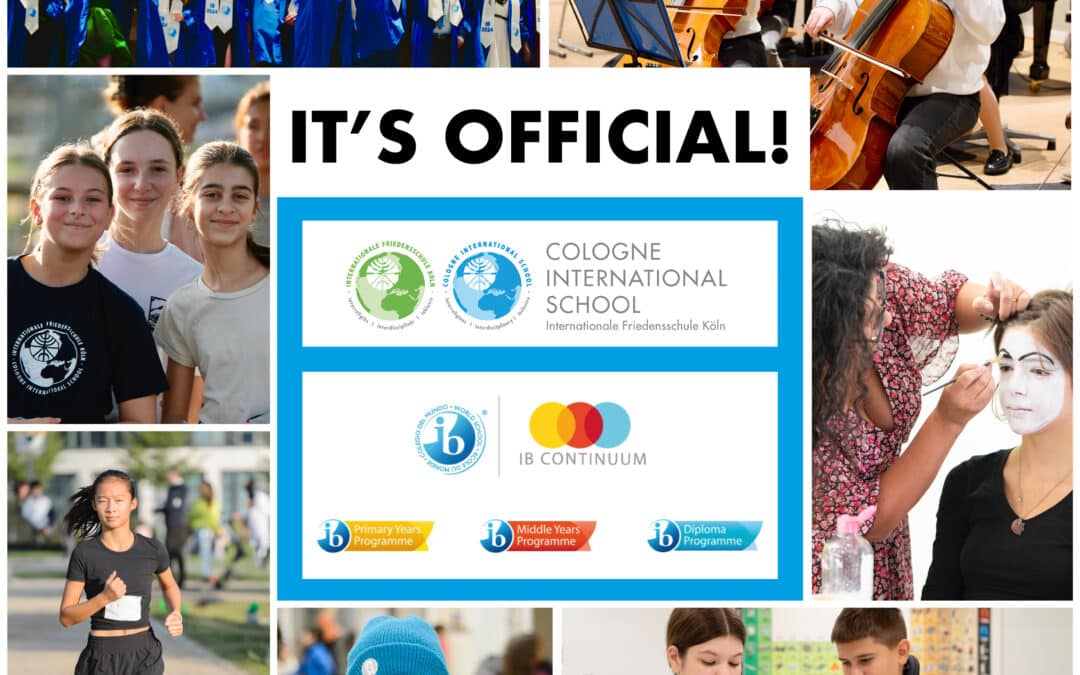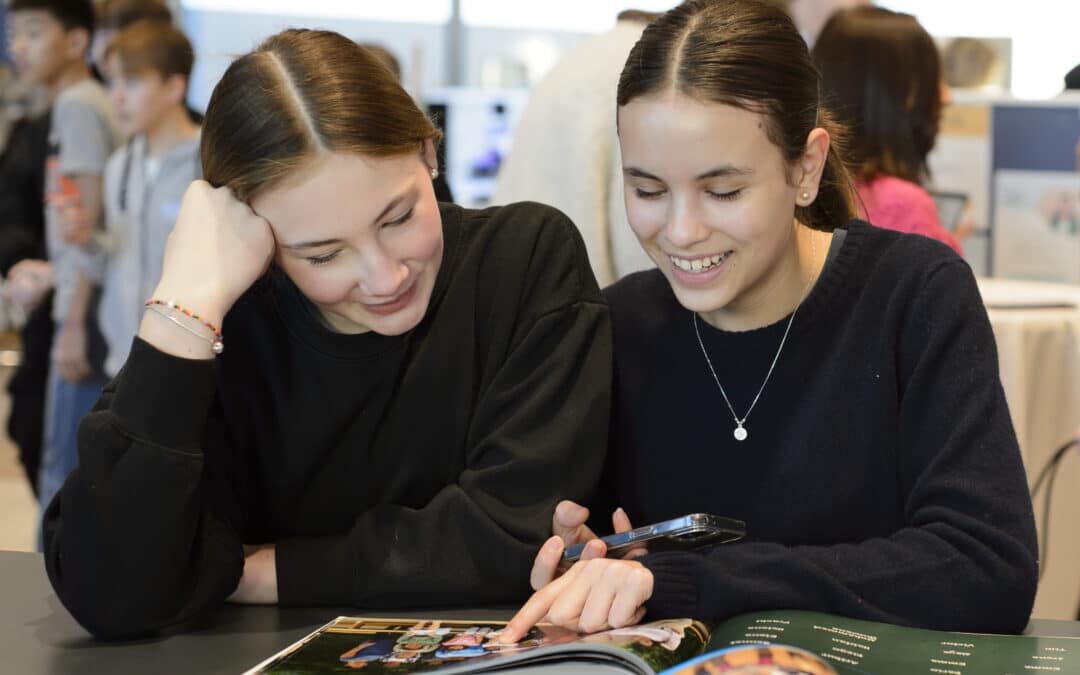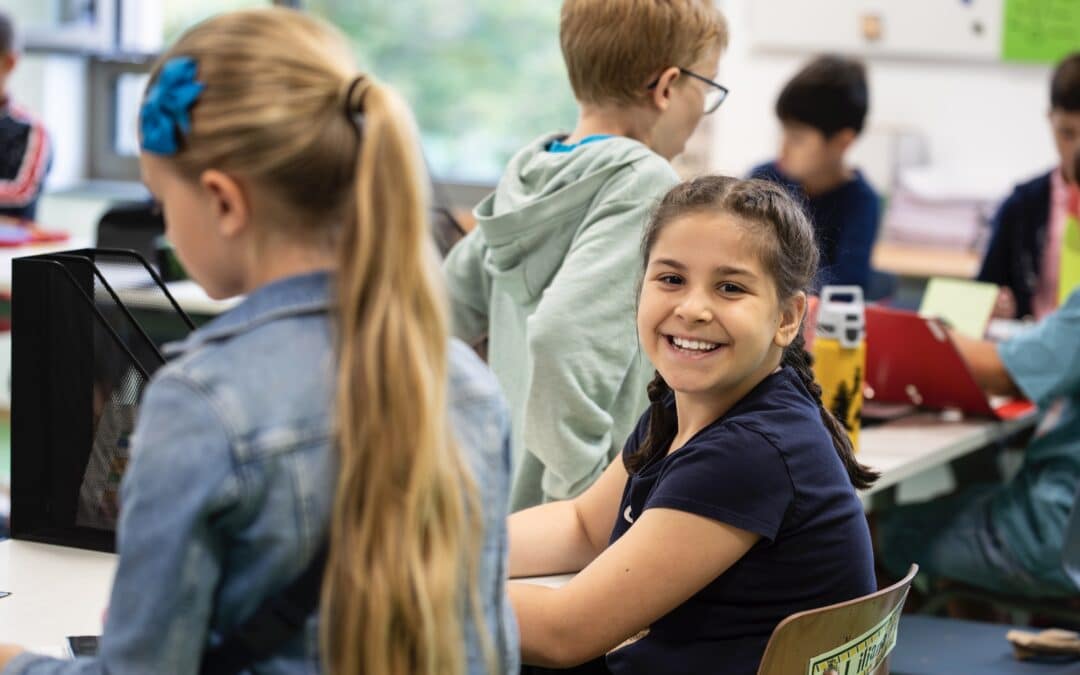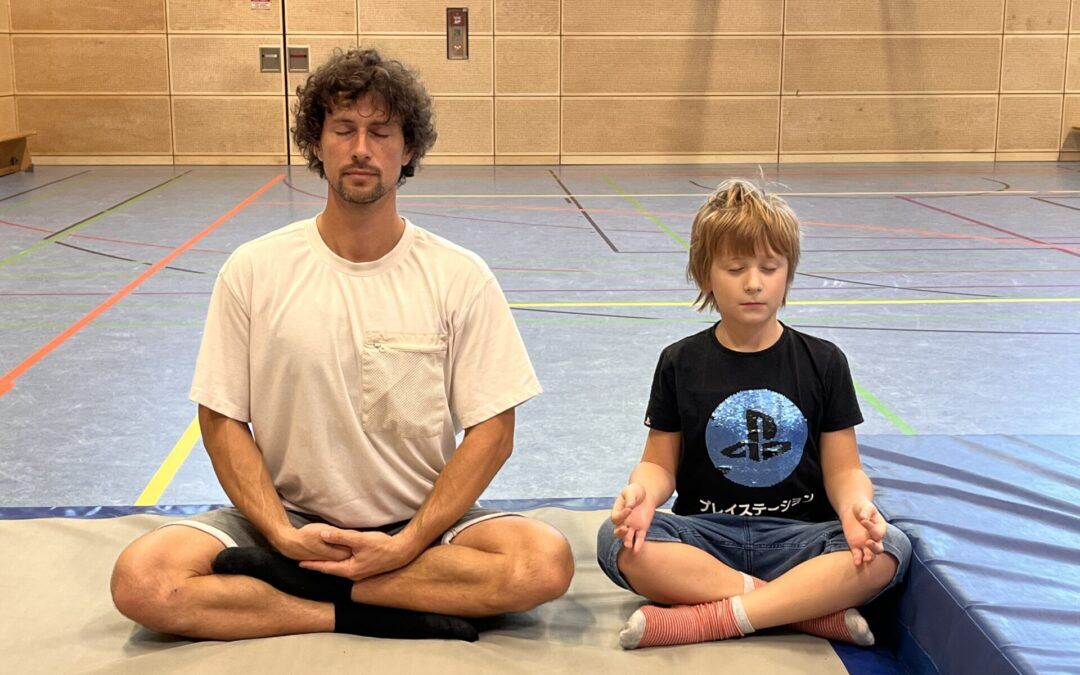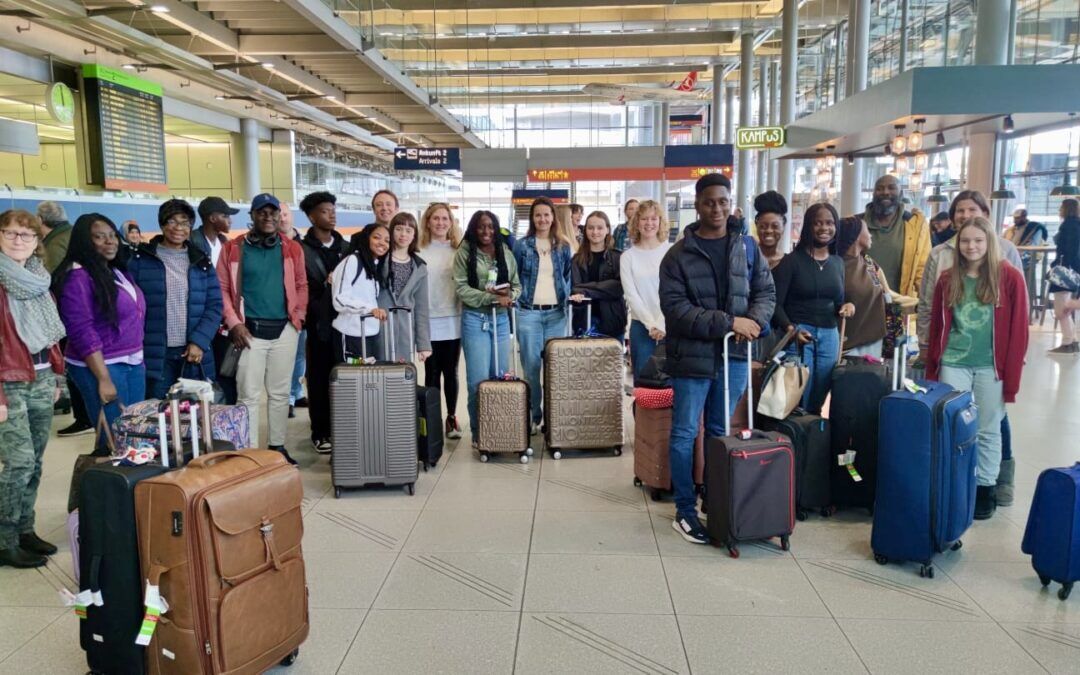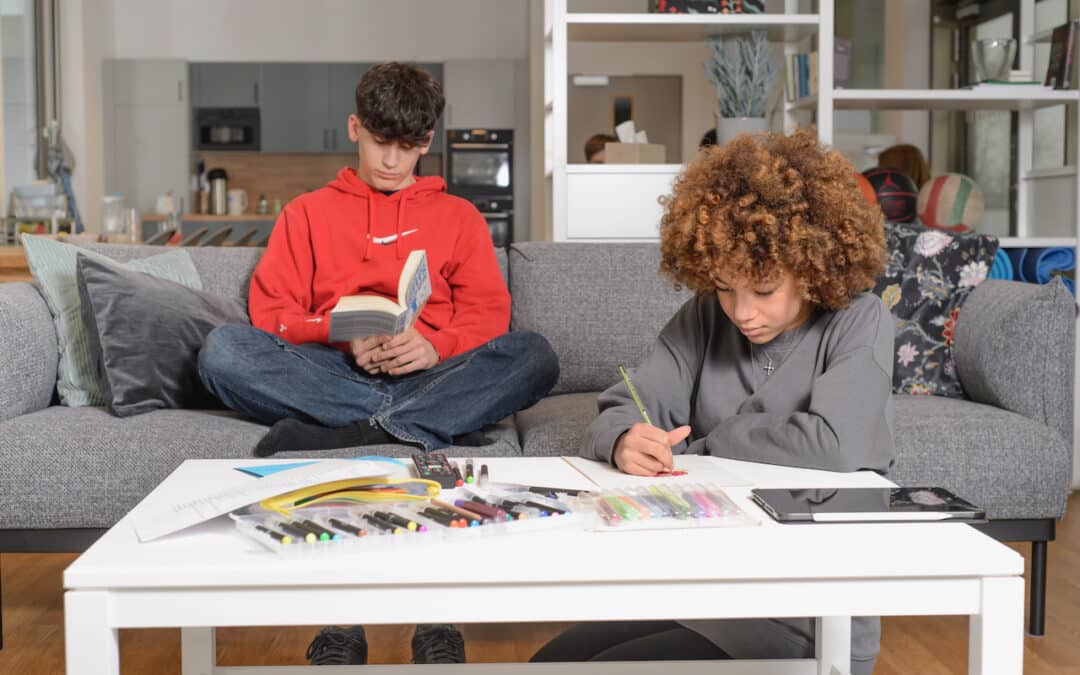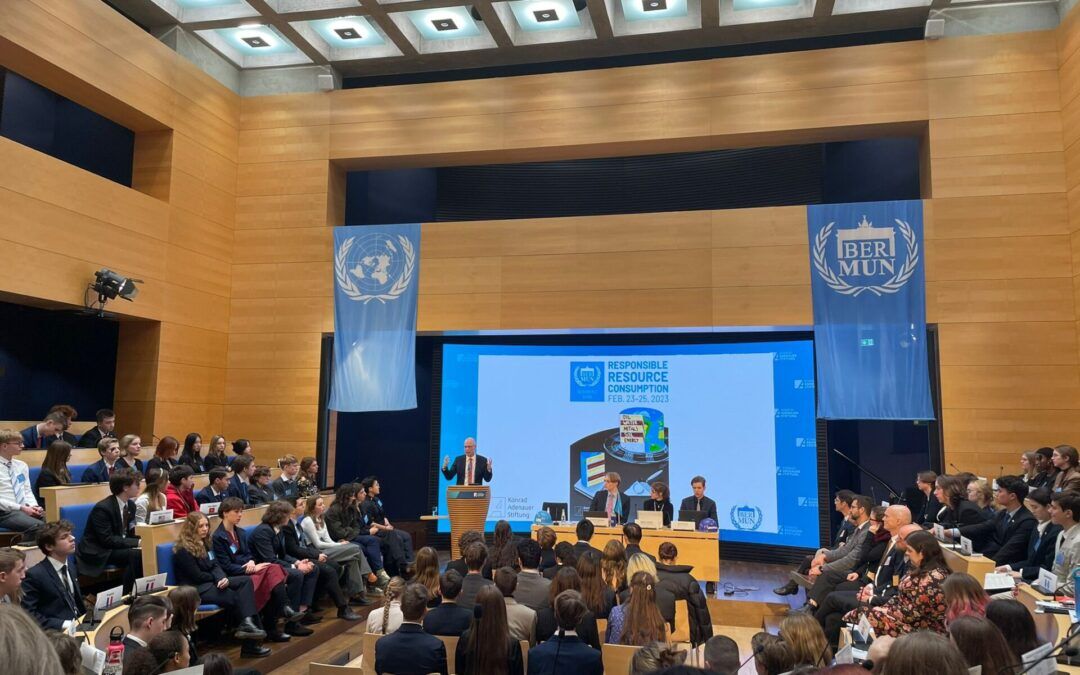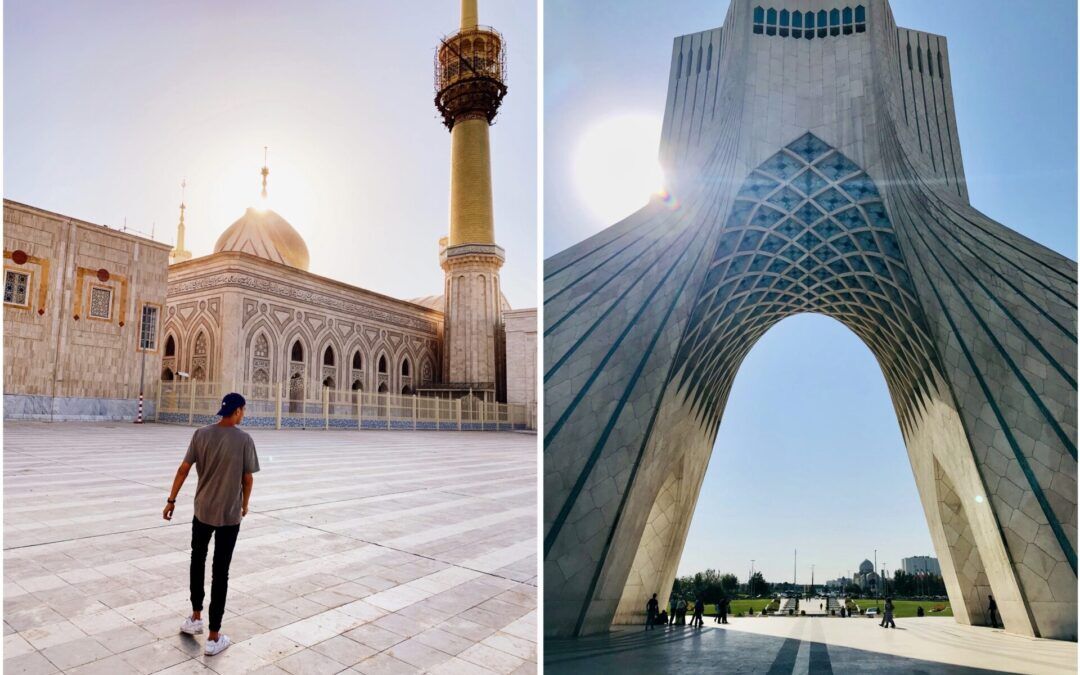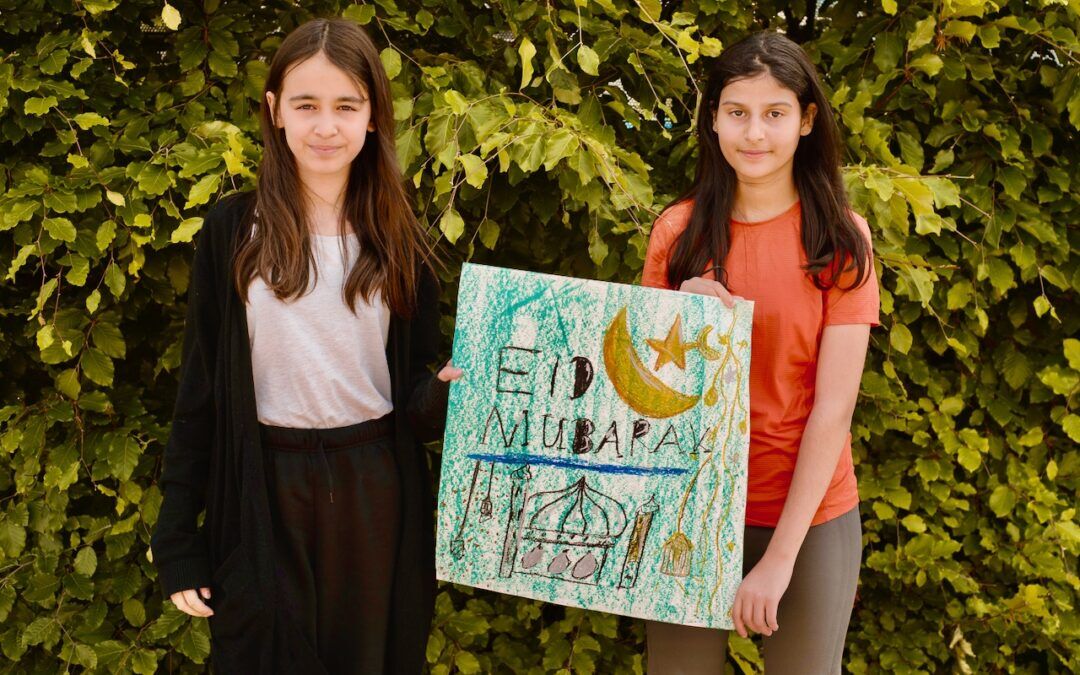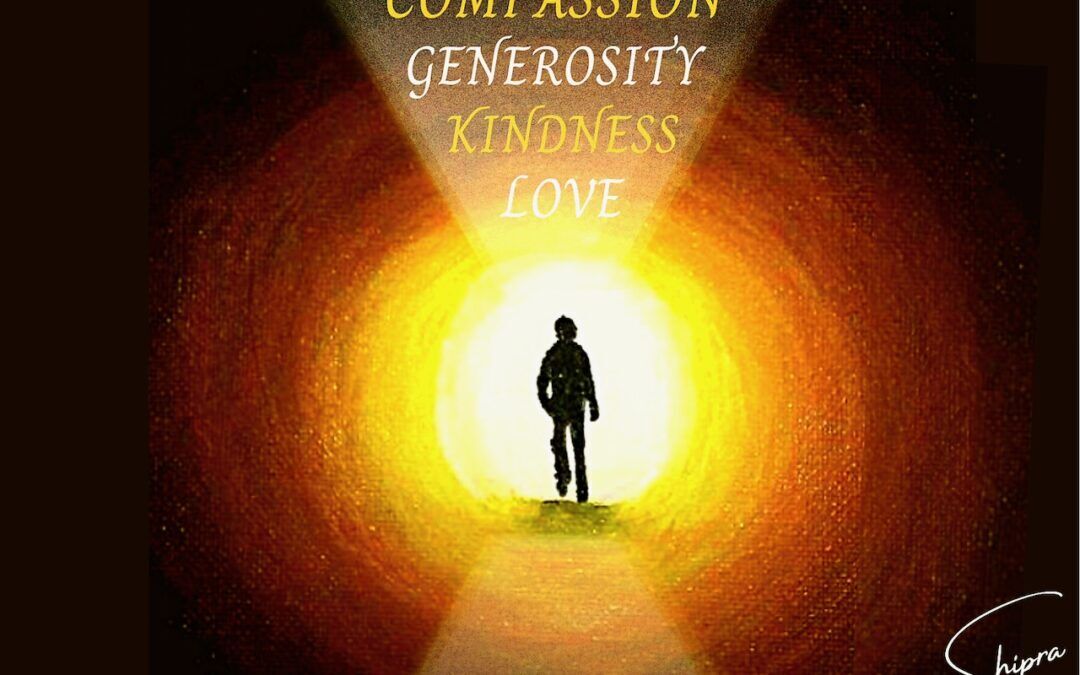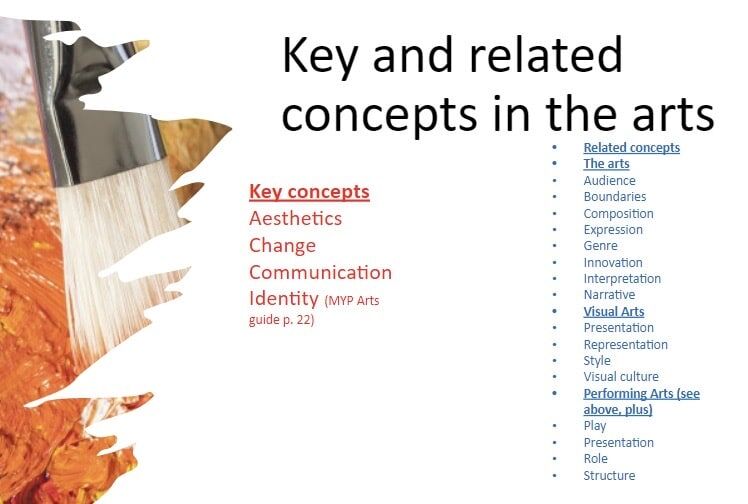Exploring Global Citizenship: Empowering Change
Confronting pressing global issues through role-play and dialogue
In our first unit of the subject Individuals and Societies with Ms. Wedy, Grade 6 students embarked on a thought-provoking exploration of the question: “What does it mean to be a global citizen?” Throughout this unit, we delved into crucial topics such as human rights and child labor, with a particular focus on a real-life case study involving a girl named Eliza from Hulene, Maputo.
Eliza’s story served as a poignant lens through which students examined the harsh realities faced by many children worldwide. Working on a garbage dump due to poverty and familial hardships, Eliza embodies the challenges confronting marginalized youth. However, amidst difficult circumstances, hope emerged as the local school principal extended an invitation for Eliza and her peers to participate in discussions aimed at finding solutions to their challenge.
In our classroom, students assumed various roles, embodying perspectives ranging from child laborers and concerned family members to community leaders like the school principal and the mayor. Through role-play and collaborative dialogue, students grappled with complex issues and brainstormed strategies to address the root causes of Eliza’s situation, particularly her inability to attend school due to financial constraints and familial circumstances.
Fostering global citizen’s skills
Crucially, this unit fostered great skills among Grade 6 students. They learned the importance of active listening, empathetic communication, and articulating well-founded arguments. By engaging in respectful dialogue and advocating for change, students realized the power of their voices. Moreover, this unit nurtured students’ self-confidence as they recognized their capacity to contribute meaningfully to discussions on global issues. Encouraged to think critically and creatively, students embraced their roles as global citizens, committed to promoting equity, justice, and dignity for all.
As part of their creative reflection, students were tasked with crafting either a newspaper article detailing the insightful discussions held in our classroom or a diary entry written from Eliza’s perspective. In the following, an example of a student work can be read.
Reflection on a real-life case study: Eliza attending school
Last Friday, there was a conversation in the Maputo International School about Eliza, who does child labor but is already registered at the school. The people that participated in the conversation were Eliza, who works in the trash dump, her grandma, the principals, human rights experts, the mayor Koshaij and the trash dealers from the trash dump.
Eliza worked 7 years in the Maputo trash dump, which closed because of an accident, where 17 people died. Last Friday, she had a meeting with all of the people fornamed. The discussion was separated into two parts. They discussed whether she should attend school or not. At the start of the first part of the conversation, everyone except the trash dealers already agreed that she should stop working and start learning. One of the human rights experts said: “She should learn. If she doesn’t learn, it would be against the 29th convention of children rights.” Eliza herself also stated her opinion: “I want to go to school and learn.” But there was a problem: Eliza and many other kids can’t afford the school. The materials and the uniforms are too expensive.
In the second part of the conversation, they discussed how they would enable Eliza to attend school since Eliza doesn’t have the money for school. This part of discussion was not only about Eliza, they also discussed about all other children that are in Eliza’s situation. They also posited a solution for this poverty problem. The mayor suggested: “The government and I will provide them with donations.” One of the human rights experts gave another idea: “The school could also cancel the uniforms, so more people can afford school.” Eliza’s grandma said: “The government could give me some seeds, so I can plant goods and sell them. This way it would be possible for my Eliza to go to school.” Everyone was debating about these solutions and decided to vote for the resolution with the most votes. The first round of voting on the mayor’s and the human rights expert’s suggestions ended with 5 votes each. So these two suggestions came into a tie vote, after which the mayor’s suggestion got 6 votes and the human rights expert’s idea 4 votes.
So the solution was: Donation from the government to the poverty stricken people. This way, the kids could go to school. At the end, every person in the discussion at the Maputo International School meeting was fulfilled. Surprisingly, the garbage dealers were also contended with the solution.
Zhilong Chen, student of Cologne International School
Introduction by Stefanie Wedy, Cologne International School
Finden Sie hier weitere Informationen über unsere Bilinguale Grundschule und unsere Internationale weiterführende Schule.
